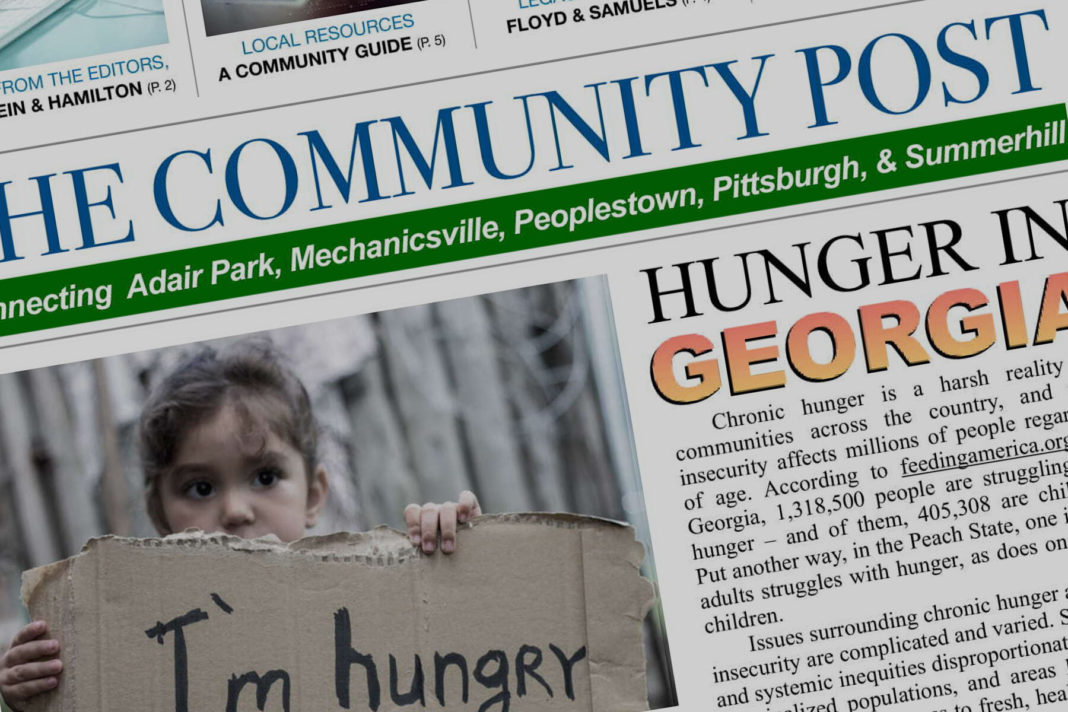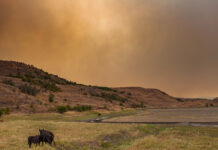A Mercer University research team hopes to improve relations between residents of an Atlanta community through a new online newspaper.
Dr. Arla Bernstein, assistant professor of communication in the Department of Liberal Studies at Mercer’s College of Professional Advancement (COPA), began doing research three years ago on the South Atlanta area that includes the neighborhoods of Pittsburgh, Mechanicsville, Peoplestown, Summerhill and Adair Park. The community, much of it adjacent to the Atlanta Beltline, is experiencing the stresses of gentrification and facing internal conflicts because of a difference of attitudes among residents, she said.
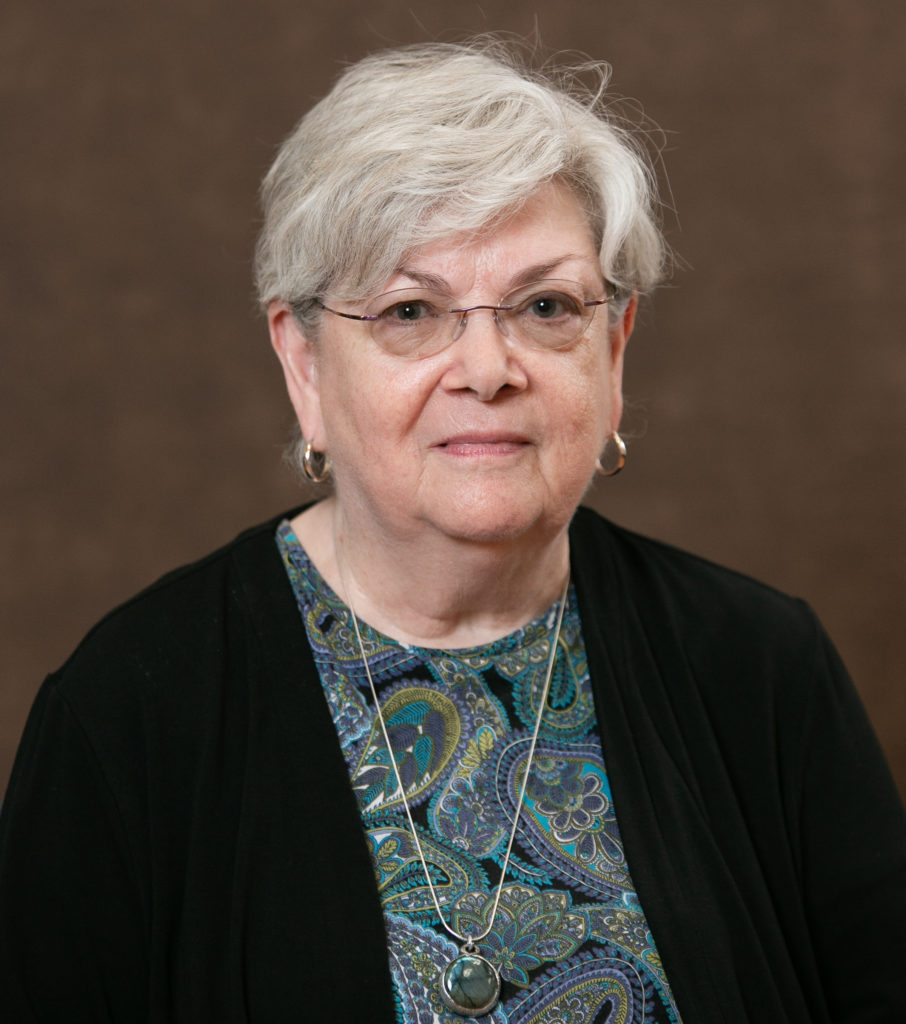
Through focus groups, she and College of Education professor Dr. Carol Isaac interviewed residents and stakeholders about their perceptions and feelings about what was happening in their community, and their findings were published in the Journal of Urban Affairs. Dr. Bernstein, who was a community planner before becoming a college professor, wanted to find a way to help connect residents and give them a voice, and she thought a community-level newspaper could help improve social cohesion within and among the neighborhoods.
“I felt that if we could, through the newspaper, help that community sense there was a promise for better relationships and better outcomes, that that would be worthwhile. We want the residents to know more about opportunities for their community,” Dr. Bernstein said.
Dr. Steve Hamilton, COPA assistant professor of human services and psychology, heard about Dr. Bernstein’s work in the community during a service learning workshop and joined the research project. They received funding through a Provost Seed Grant to interview community members and hired a couple student research assistants to help develop an online newspaper.

“I thought it was very important work,” Dr. Hamilton said. “I have this strong belief that universities should always play an important role in the life of any community. I thought the work that Dr. Bernstein was doing was exactly that. That’s what got me interested.”
The Community Post uses narrative journalism to give a voice to the residents and readers, Dr. Bernstein said. The first edition was completed at the end of January and emailed to the residents who were interviewed, who then shared it with their neighbors.
The eight-page issue was themed around food deserts and included articles on food justice, hunger and its lasting effects, community gardens, profiles on two longtime residents, and community resources. A second edition is in the works and will expand upon the food desert topic and also look at housing issues.
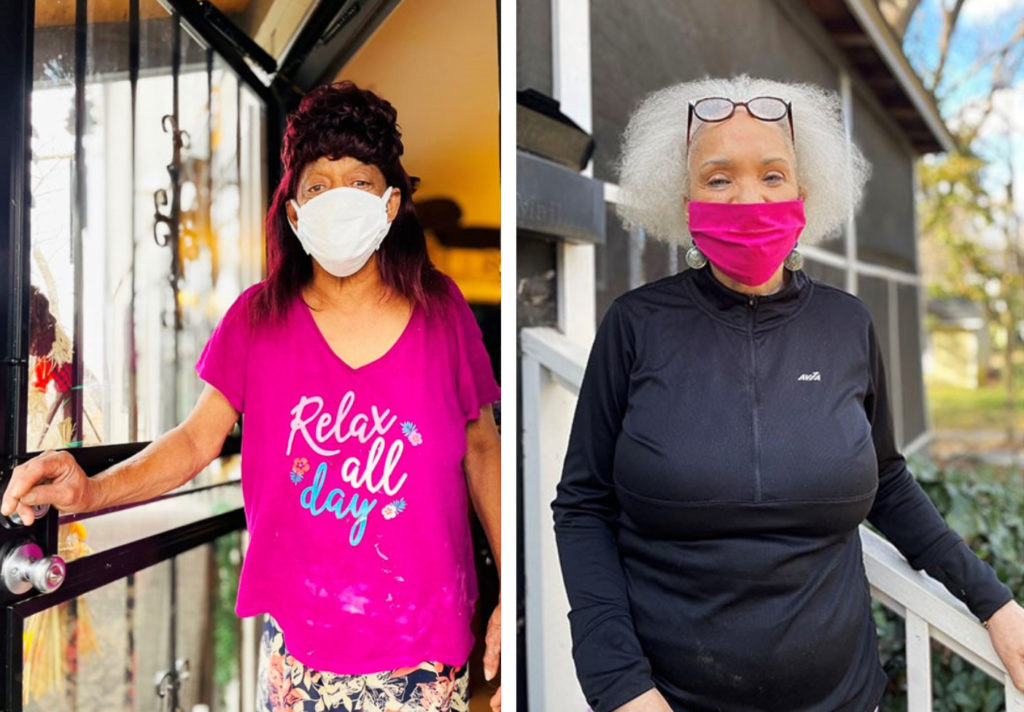
Objectives for this issue include motivating volunteers to come forward to help with the community garden and getting the word out about community improvement, Dr. Hamilton said.
“These communities are not only food deserts, they are also opportunity deserts as well,” Dr. Hamilton said. “Social cohesion is important for the lifeblood of any community. That is the goal of the whole project, to enhance that sense of togetherness so people can get a sense of hope for community and build the community.”
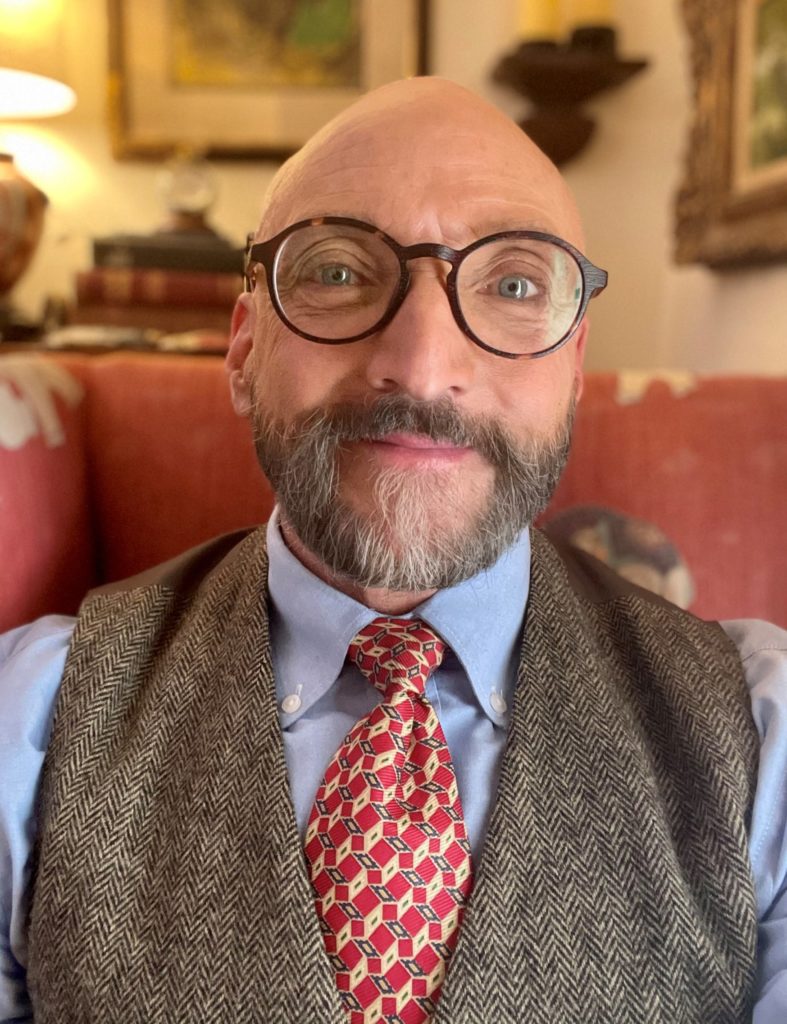
The senior staff writer for The Community Post is John Mark Parker, a doctoral student in Mercer’s counselor education and supervision program who already holds a bachelor’s degree in Christianity and a master’s degree in clinical rehabilitation counseling from Mercer. Previously in his career, Parker did design and marketing work for newspapers.
COPA student Carol Eddy assisted with the project in its beginning stages, and journalism undergraduate student Maggie Shannon joined the team in January.
“I’m very interested in narrative theory and narrative therapy. Our stories are really all that we have, all that will be left of us,” Parker said. “It’s qualitative research. It’s more about stories than about numbers. I was very excited to be involved. Taking photos, interviewing residents, writing stories, designing the newspapers and putting them together has been very exciting.”
Dr. Bernstein’s initial research showed that some of the longtime residents were feeling pushed out by the new residents moving in, and one of the goals of the publication is to connect those two groups, Parker said.
“I’m hopeful that those who read what we’ve written will realize that everyone can be a part of that community,” he said.
The team plans to survey residents to see if there was any impact on their sense of community from the two issues. If the project shows promise, the team hopes to apply for a larger grant to continue the newspaper, Dr. Bernstein said.
“We want it to promote a sense of pride in the community and a sense of hopefulness in these difficult times during a pandemic,” Dr. Bernstein said. “Yes, there are problems, but there are methods that other communities have used to help resolve some of the negative issues and impacts of gentrification.”

